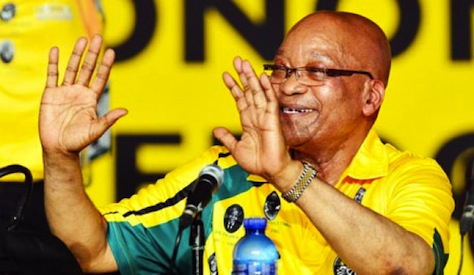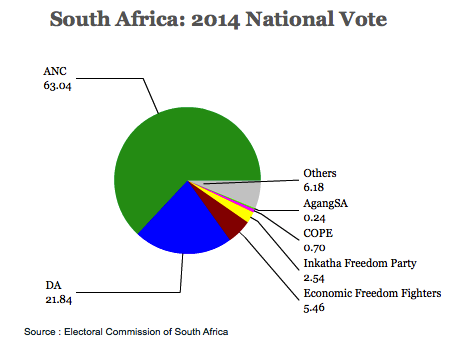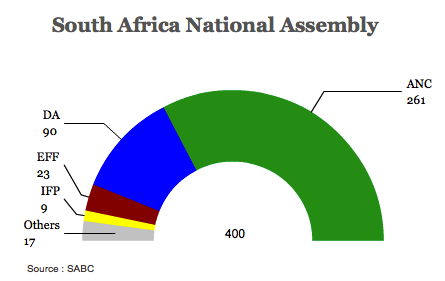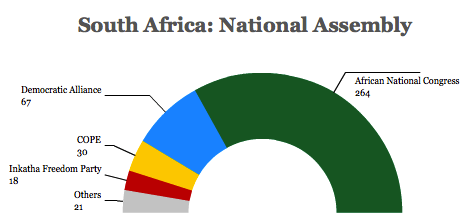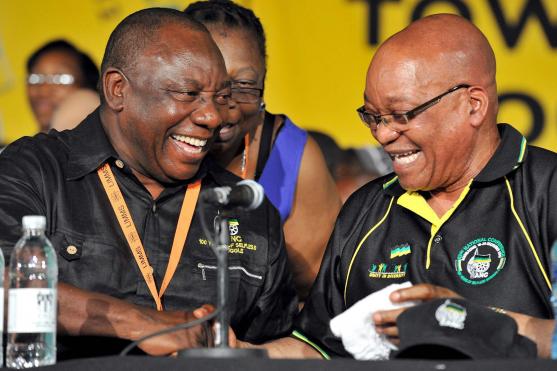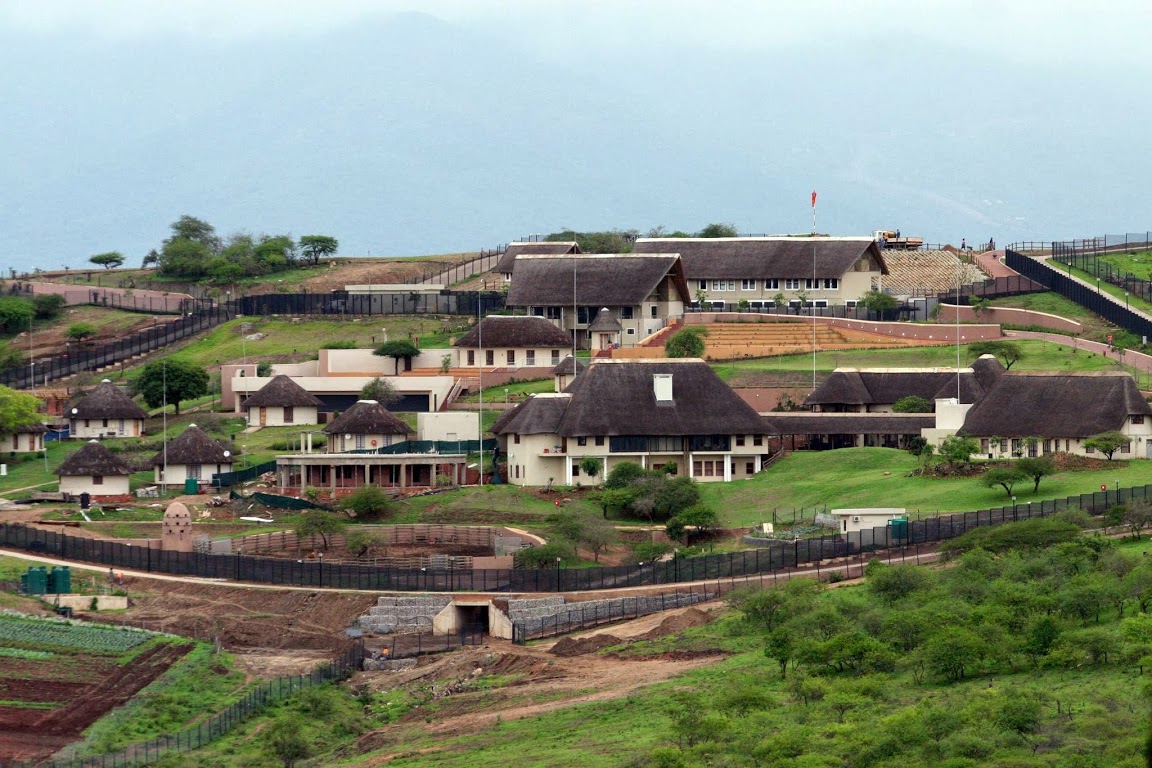
Imagine if, as president, George W. Bush diverted $23 million in public funds to improve his ranch in Midland, Texas.![]()
Imagine, further, that after a government ruling to reimburse the state treasury for those funds, it took a Supreme Court ruling to force Bush to acknowledge the graft and apologize. That, in essence, is what has happened in South Africa, where years of graft and corruption have caught up with Jacob Zuma, the two-term president and leader of the African National Congress (ANC).
At the end of last week, South Africa’s constitutional court ruled that Zuma violated the country’s constitution in refusing to yield to the findings of a public protector that he should pay back much of those amounts spent to upgrade his Nkandla estate in his home province of KwaZulu-Natal. Zuma and his associates conjured risible explanations for the spending — for example, a magnificent swimming pool was rationalized as a ‘fire pool’ to provide a reservoir of water in case of emergency.
* * * * *
RELATED: Even with victory assured, is the ANC’s future at risk?
* * * * *
South Africa’s public prosecutor disagreed and, after Zuma refused to heed that decision, the constitutional court disagreed as well. Zuma promptly took to national television to apologize, agreeing that he would, at long last, repay the South African treasury. Though opposition parties have called for Zuma’s impeachment, the ANC’s massive parliamentary majority makes that an unlikely possibility.
Set to step down in 2019, the 73-year-old Zuma is no stranger to controversy. He came to power in 2008 as a bitter enemy of then-president Thabo Mbeki, though even then he was under various ethics clouds, including a sensational rape trial that ended in 2006 (he was ultimately acquitted of the charges). Zuma’s rise meant that power would shift from the Xhosa power base of Mandela and Mbeki, for the first time in post-apartheid South Africa, to Zuma’s own Zulu power base. That, in turn, meant an entirely new set of Zulu elites within the ANC looking for their share of party patronage and the other benefits of power. The excesses of Nkandla epitomize the degree of impunity of ANC officials in the Zuma era. Continue reading South Africa’s Nkandla scandal finally catches up with Zuma
